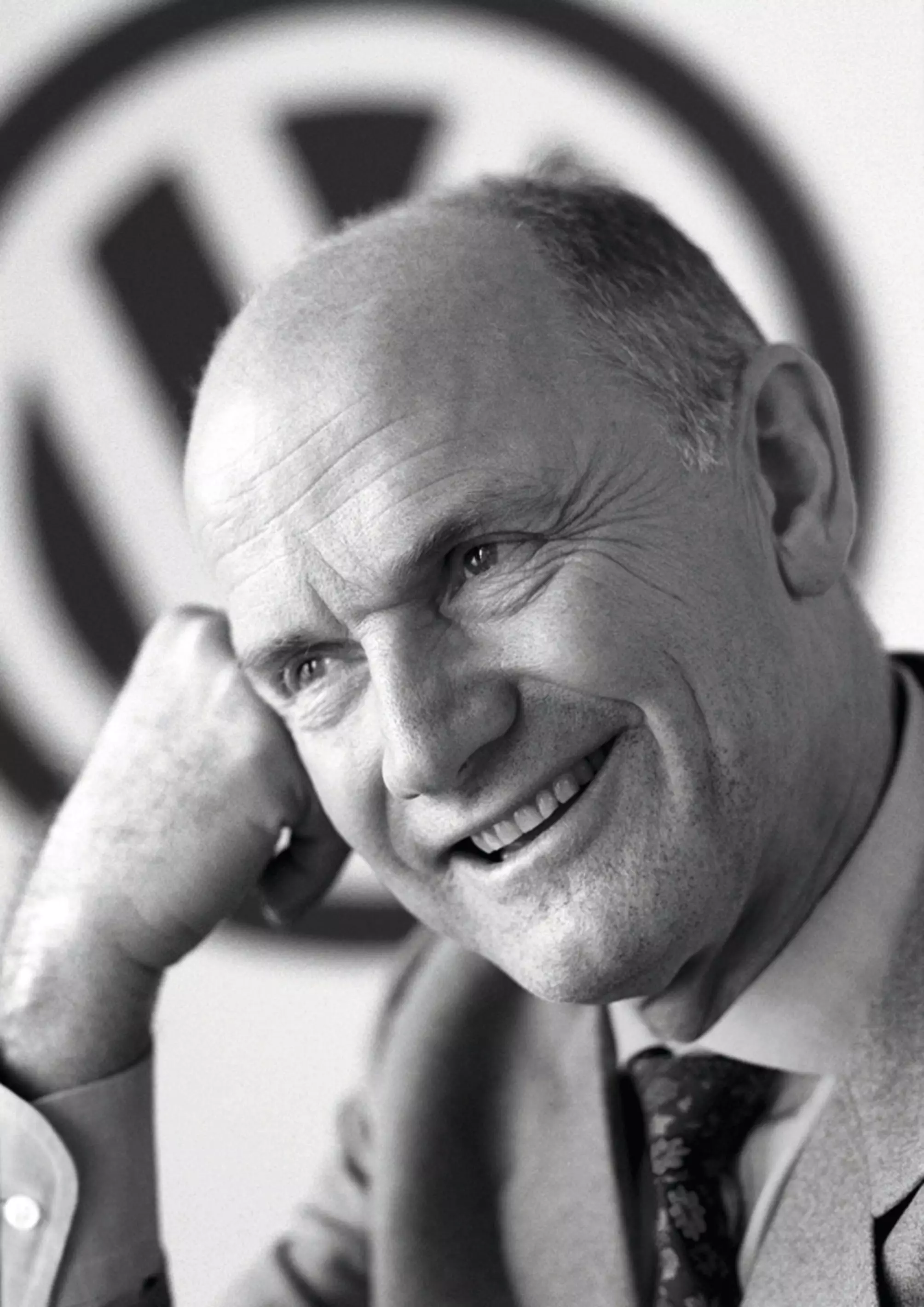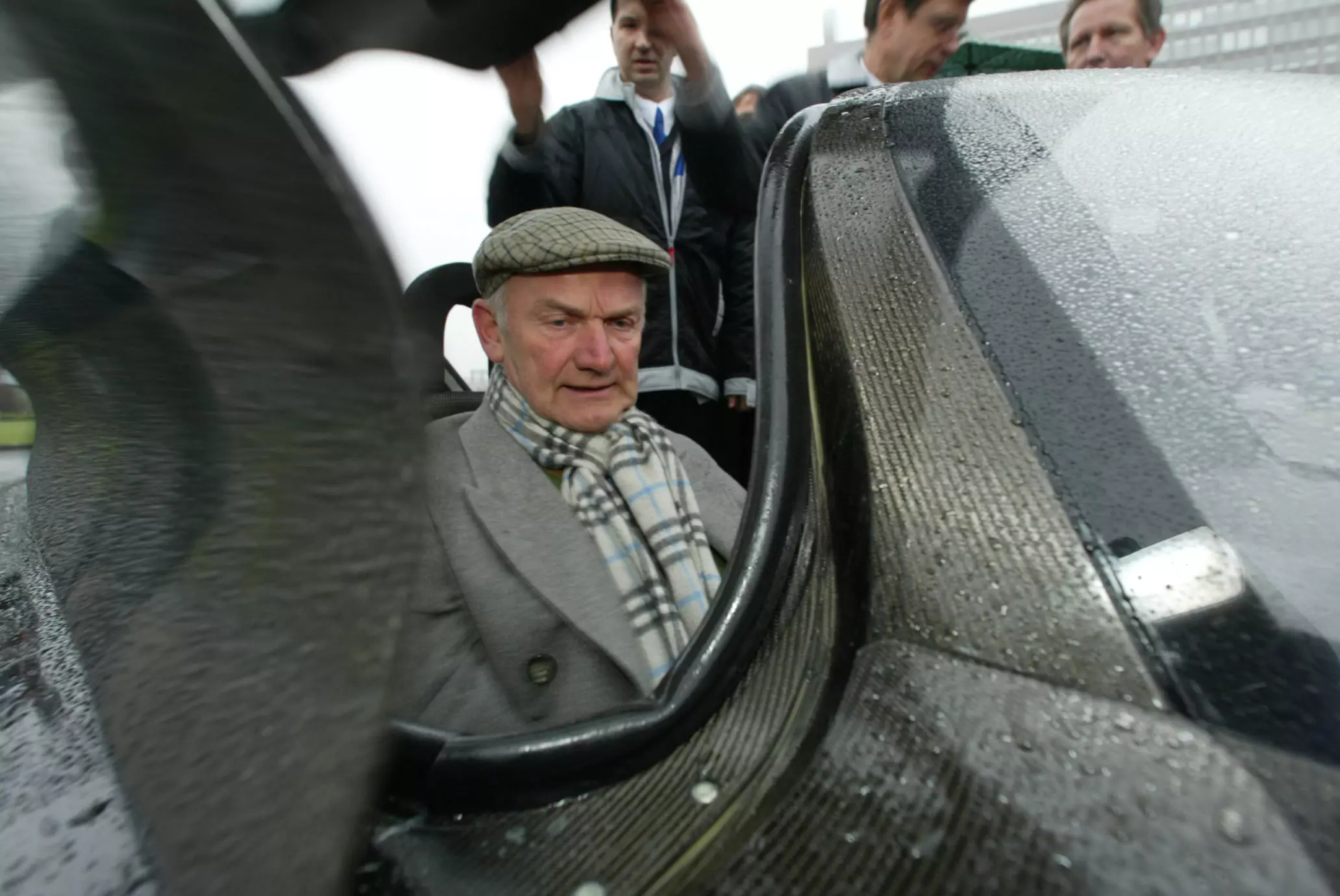One of the most significant and unavoidable figures in the automobile industry, Ferdinand Pich he died on August 25, at the age of 82, after collapsing in a restaurant in Rosenheim, Bavaria.
Piëch was primarily responsible for transforming Volkswagen into one of the largest most powerful automobile groups on the planet, during his period as CEO, between 1993 and 2002.
Faced with an automobile group that was struggling with quality problems and high costs — they registered losses of one billion euros — part of Ferdinand Piëch's strategy was to bet on economies of scale and a modular construction, leading the group to profits of 2.6 billion euros, but its ambitions went far beyond the logic of operational rationalization.

It turned Audi into the group's innovator, elevating it to the ranks of Mercedes-Benz and BMW, betting on technologies like the aluminum construction (ASF) that we saw in the big A8 as well as the small A2 — a mission it had started during the his roles as Audi's head of development in the 1970s, unveiling products like the aerodynamic Audi 100, and the Audi quattro, which changed the face of rallying forever.
Subscribe to our newsletter
It also wanted to elevate the brand's positioning of the “people's car”, with mixed results. It was during his shift that we saw Phaeton emerge, which despite his long career we could never classify as successful; and also the more successful SUV Touareg, currently in its third generation, the true flagship of the brand.
He acquired Lamborghini, Bentley and Bugatti, and even after his departure as CEO, one of his greatest achievements was to bring Porsche, the brand founded by his grandfather, Ferdinand Porsche, into the sphere of the Volkswagen group in 2012 It was a battle of years with his cousin Wolfgang Porsche, who had tried to buy the German group four years earlier.
In 2012, the automobile giant that Volkswagen was made up of a dozen brands, which produced everything from cars to trucks (Scania and MAN), through to two wheels (Ducati) and commercial vehicles.

Despite the battles, whether in business or politics, his passion was always the cars themselves, after all he was an engineer, as revealed in his autobiography, released in 2002:
First, I always saw myself as a product (automobile) person, and trusted my instincts for what the market wanted. Business and politics never distracted me from my main mission: to develop and build appealing cars.
His way of acting was imperative, revealing his dominating personality, used to taking his decisions forward, which contributed to several situations of contention, leading to the departure of several executives, even some handpicked by him in the first place, which included his successor at the head of the destinies of the giant German group, Bernd Pischetsrieder, in 2006.
In April 2015, after the board's leadership challenged him about extending Martin Winterkorn's contract as CEO — Piëch wanted him out, the board didn't — Piëch would step down as Chairman of the group.
In September of that same year, it would break out the emissions scandal that would become known as the Dieselgate. With no influence on the direction to take for the giant he helped build, Ferdinand Piëch would later sell his membership in the group.
His importance to the global automotive industry is undeniable and could not be more evident when, in 1999, he would be awarded the title of Executive Automotive of the Century (20th) in 1999.
